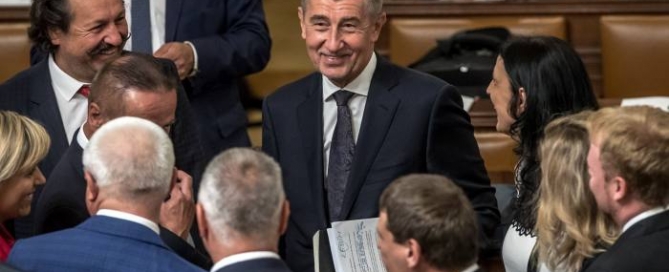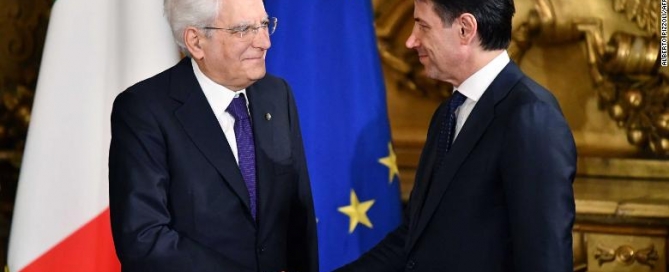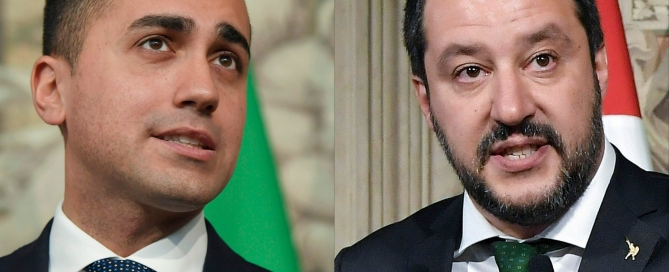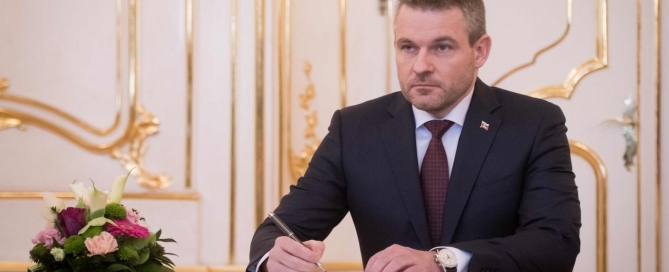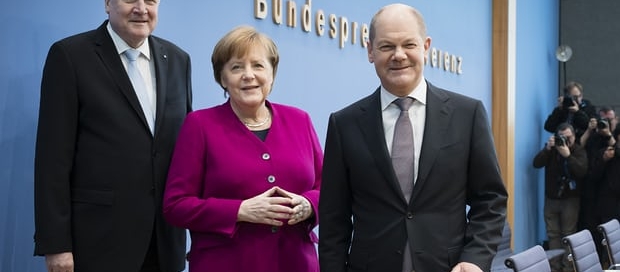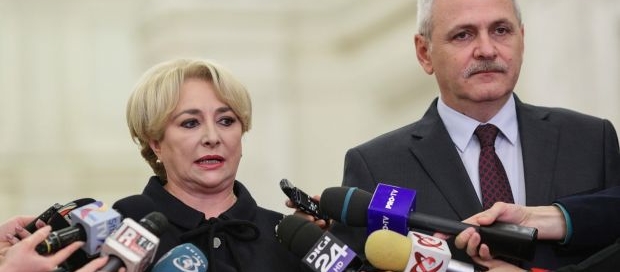The Czech Republic finally has a new government: it has a prosecuted populist Prime Minister and is supported by the Communists
By Vlastimil Havlik (Masaryk University) and Ivan Jarabinský (Institute for Evaluations and Social Analyses) Initial situation It was 263 days after the last general election that a new minority coalition government was formed. The populist ANO and the Czech Social Democratic Party (CSSD) came together and the coalition is - for the first time after [...]


